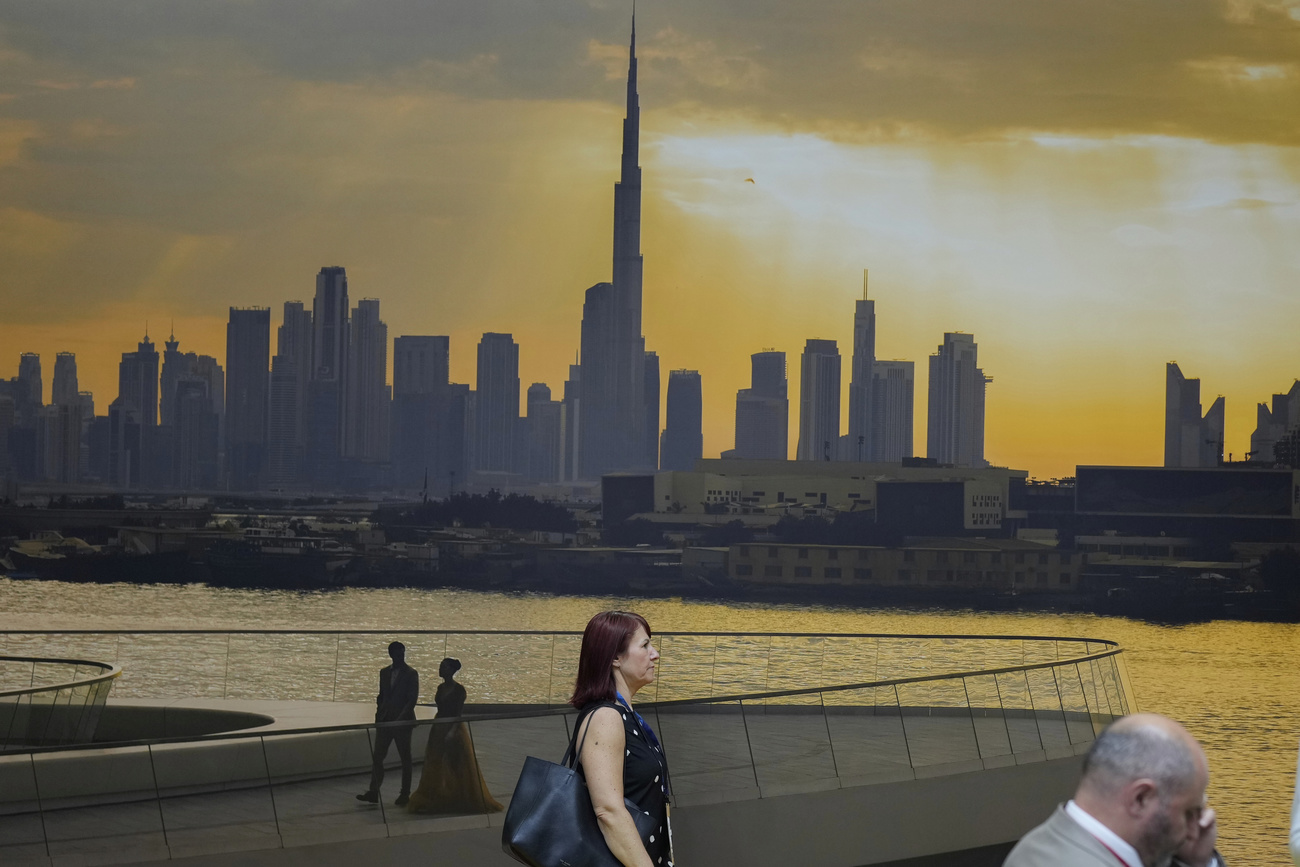Geneva Fair aims to tap into emerging markets

Business leaders and government officials from the West and the developing world are meeting in Geneva this week for the second International Emerging Markets Fair.
It provides an important place for companies from developing countries to do some important networking.
With the world having now largely shrugged off the financial turmoil that swept it two years ago, an increasing number of western companies are eager to invest in the emerging markets of Asia, Latin America, eastern Europe and Africa.
“We want to promote any kind of investment in the emerging economies, be it direct investment from one company to another, or portfolio investment through financial services,” says Guy Mettan, president of the EMA Foundation, which is organising the Fair.
He says that one of the problems of globalisation is that small- and medium-sized enterprises (SMEs) have great difficulty getting a foothold in the already packed global marketplace. It is even harder for them to gain access if they come from an emerging market.
“They can come here to the heart of Europe and meet people from the financial sector or entrepreneurs from Europe and create partnerships,” Mettan told swissinfo.
“Everything is possible if you can bring people together,” he added.
One of the most talked about issues to be discussed at the Fair is the notion of creating an International Development Stock Exchange in Geneva, where firms from emerging markets could be quoted and, as a result, get crucial funding.
The idea is that these companies could operate free of government control and would be rewarded for transparency, thus giving more security to investors.
Another dominant theme will be the role of new technology: “These developing countries are very creative, but they often don’t have the opportunity to promote their innovations,” Mettan says.
“High-technology and new technology can be the bridge between these two worlds. We can give a positive image of the emerging countries and tell Western entrepreneurs: you can do good business together,” he says.
The globalisation bandwagon has left behind the vast majority of the world’s population. The organisers believe that the free market is the way for the developing world to get on board. But for that to happen there has to be an interchange between West and the South.
There is a substantial Asian contingent at the fair, with several regional Chinese investment promotion boards present. But there are also several similar agencies from North Africa, West Africa, Latin America and eastern Europe.
There is also a substantial western presence. One initiative being showcased at the event is the Swiss Company Pool(www.swisscompanypool.org/)(SCP), set up just three months ago with the aim of promoting Swiss investment, initially in south-east Asia.
The SCP is a private initiative involving Switzerland’s three biggest banks – Credit Suisse, UBS and the Zurich cantonal bank – and the SGS Group, the largest verification, testing and certification organisation in the world. It also has the backing of the Swiss Economics Ministry.
In an initial pilot period, which runs until March 2001, the structure of the SCP will be created in Switzerland and an office will operate in Singapore. Later, further export promotion centres will be set up, including in Latin America, Japan and the western United States.
“These last two aren’t really emerging markets, but they are for SMEs,” says Nicolas Lindecker, head of the Swiss Export Association and Executive Officer for the SCP.
“Singapore is a good place to start because many Swiss products would fit very well in the Far East,” he told swissinfo.
“The main problem for SMEs is funding the set-up. In my experience, it costs around half a million Swiss francs a year, which means you have to have an annual turnover of four to five million francs, which is beyond the means of most SMEs,” Lindecker says.
The SCP will allow these firms to set up in a potentially lucrative market like south-east Asia without the expense of doing it alone.
The Swiss are in competition with other western countries to grab a slice of the market. A German export-promotion centre was set up in Singapore 10 years ago. The Swiss were planning something similar two years ago, but were put off by the Asian financial crisis.
“The interest from Swiss SMEs two years ago was not very high, even though the budgets existed. But they’ve simply postponed it and now they are again willing to invest in South-East Asia,” Lindecker says.
by Roy Probert

In compliance with the JTI standards
More: SWI swissinfo.ch certified by the Journalism Trust Initiative









You can find an overview of ongoing debates with our journalists here . Please join us!
If you want to start a conversation about a topic raised in this article or want to report factual errors, email us at english@swissinfo.ch.